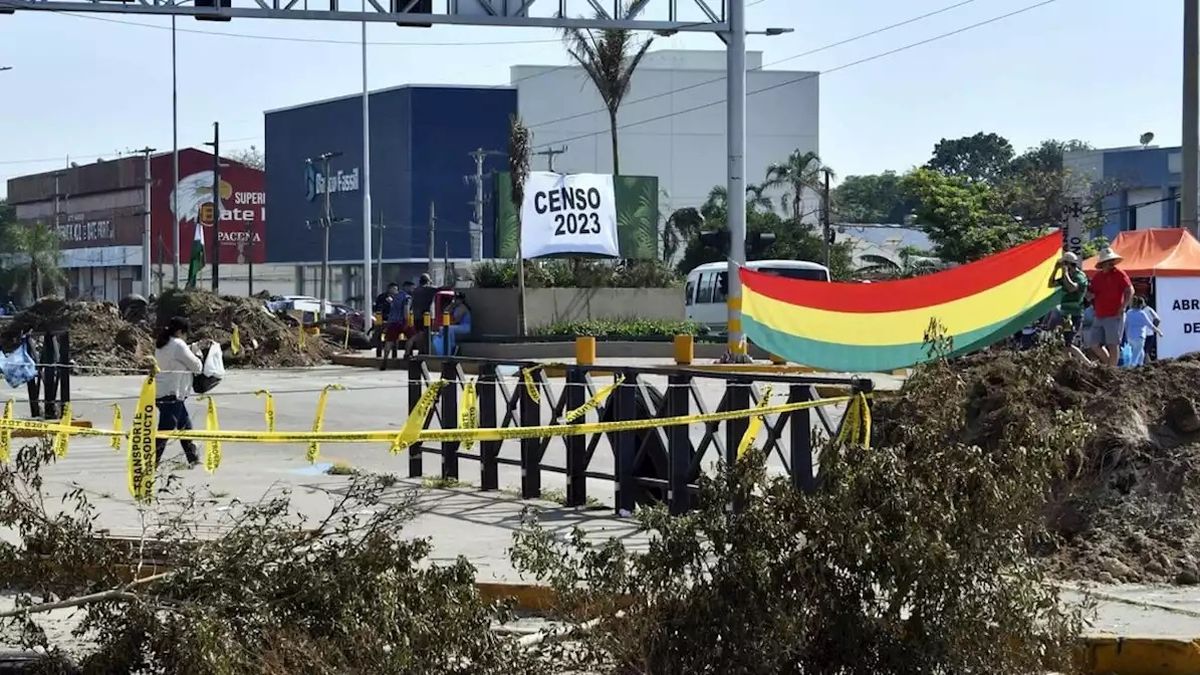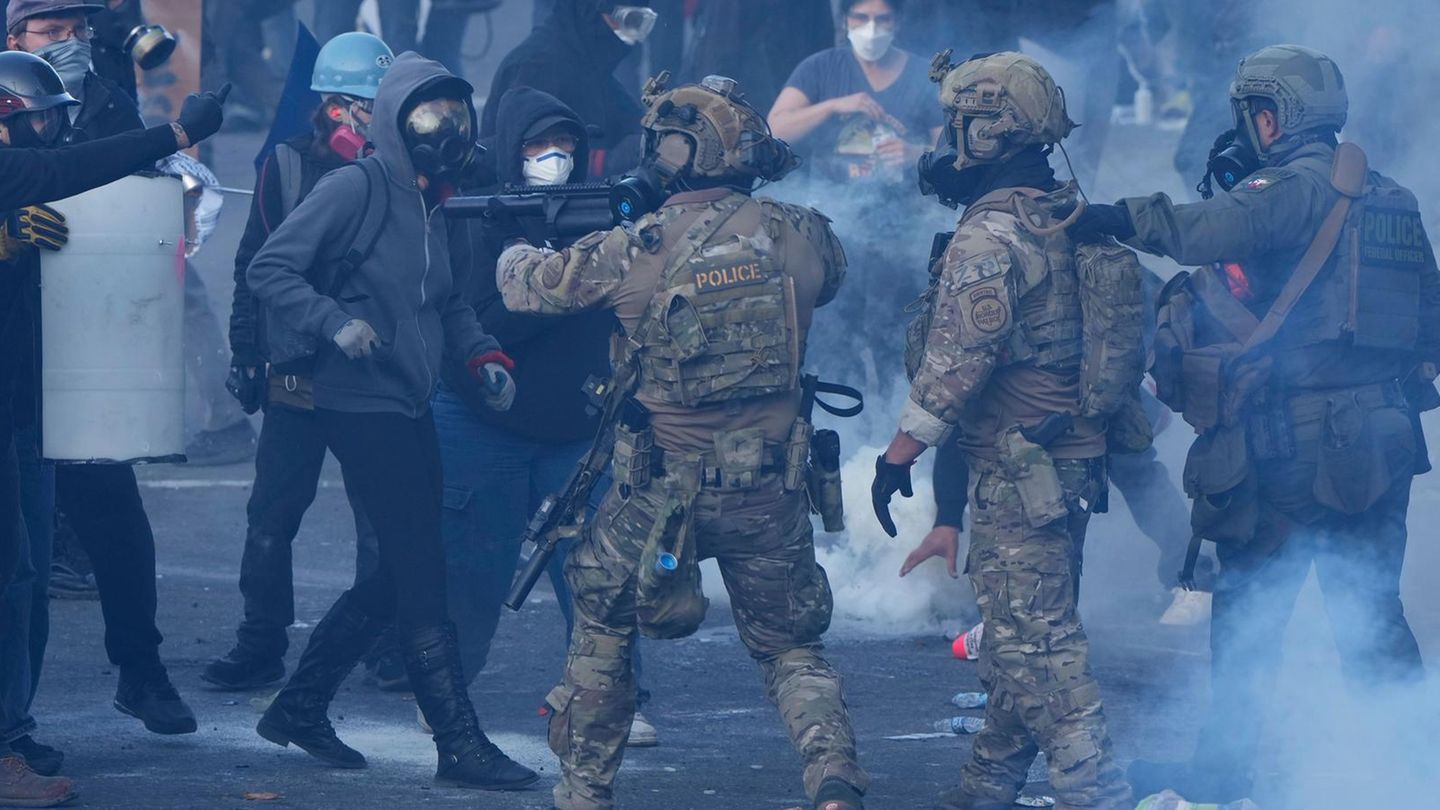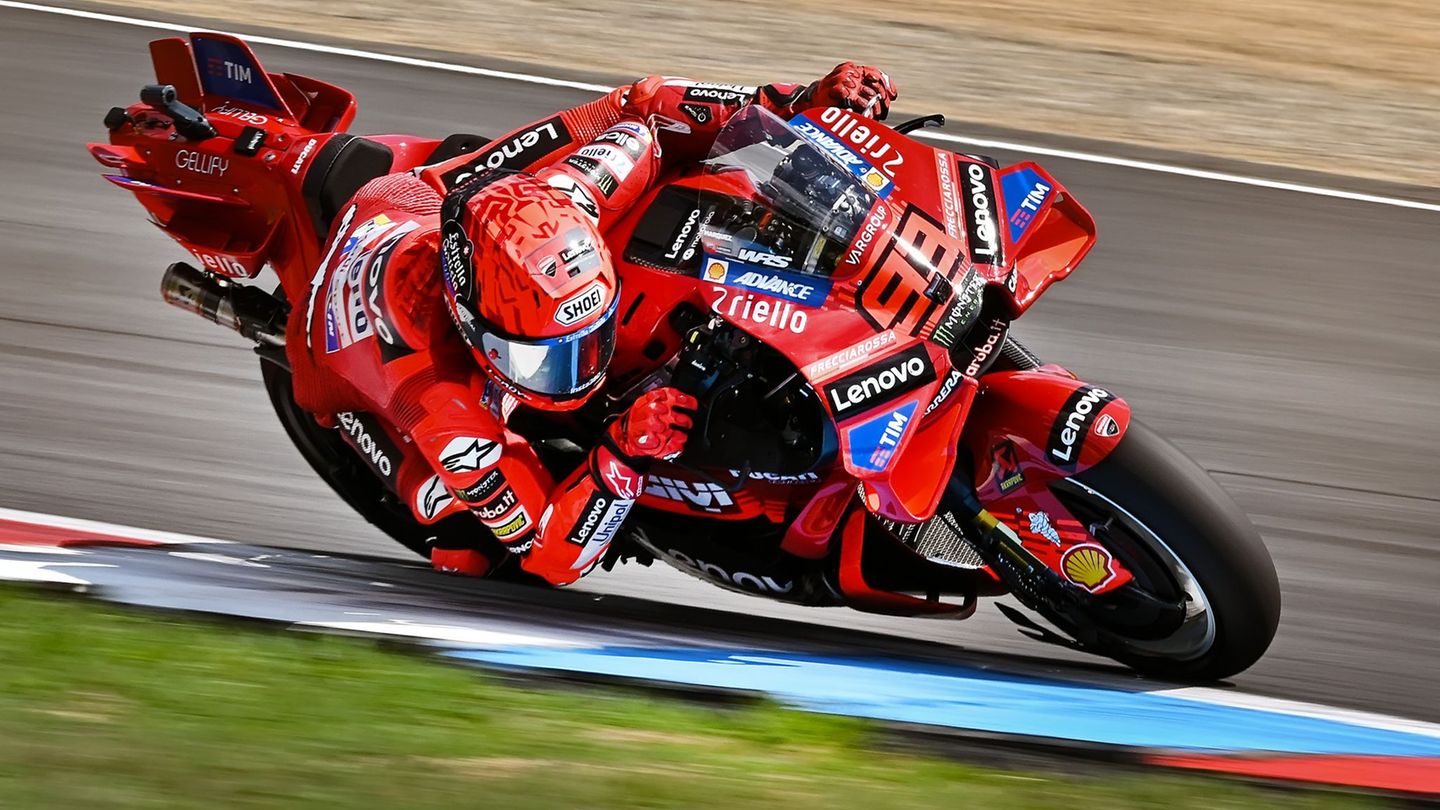The authorities decided on Wednesday night “to temporarily suspend the export of soybeans, soybean cake, whole soybean meal, sugar, oil and beef” because “there is a risk of shortages and increase in the prices of the family basket”explained in a press conference the Minister of Productive Development and Plural Economy, Nestor Huanca.
Colombia, Peru, Ecuador Y Chili are the main buyers of Bolivian soy derivatives, according to data from the National Statistics Institute (INE). In the case of beef, it is ChinaPeru and Ecuador.
The region of Santa CruzBolivia’s economic engine and stronghold of the opposition, is holding an indefinite strike against the government of leftist Luis Arce to demand a census that updates its legislative representation and the amount of state funds receiving.
Huanca blamed the governor of Santa Cruz, the right-wing Luis Fernando Camacho and social and business leaders who lead the protests of “the consequences of the paralysis of the productive sector and of threatening food security.” Nevertheless, Bolivian law only allows exporting the surplus of food production needed to supply the local market.
The strike began on Saturday, with clashes between critics and supporters of the Government that left one dead and was condemned by the United Nations Organization (UN) and the European Union (EU).
The bid for the census in Bolivia
Santa Cruz, a thriving region located in the east of the country, is leading the mobilizations so that the census is carried out in 2023 and its results are known before the next elections, in 2025. The executive of Luis Arce, who had scheduled the census for November next, decided to postpone it until 2024, which would prevent processing the new data before the elections.
The representation in the Legislative Assembly and the State budget that each department of Bolivia receives depends on its population. That is why Santa Cruz, the most populous in the country, demands to update the data. The last census was done more than ten years ago.
After an unsuccessful initial negotiation, Arce called a meeting for Friday with leaders from all regions of the country in the central city of Cochabamba to find “a definitive solution” to the conflict. But Camacho, who had accepted the invitation, backed down and announced that he will not attend.
“We are open to dialogue, but we are not going to endorse a meeting of ‘masistas,'” the right-winger said at a rally on Wednesday night, referring to the ruling party. Movement to Socialism (MAS). “This is where the conflict is. They don’t want us, they don’t consider us Bolivians,” he added, criticizing the president for the venue chosen for the meeting.
How the civic strike unfolds
Meanwhile, the protesters who lead the indefinite strike continued this Thursday blocking with tires, branches and national and regional flags to prevent passage on the streets and routes of Santa Cruz. In addition, many businesses kept their doors closed.
“We are here to ask for the census to be carried out, which is something we all need,” Carolina Pérez, a 32-year-old commercial engineer, told AFP on Wednesday, standing next to a mountain of sand that blocked vehicular traffic.
Luis Arce, dauphin of the former leftist president Evo Morales (2006-2019), faces the first major social conflict since he took office two years ago. The last violent clashes were recorded in Bolivia at the end of 2019, when the Organization of American States (OAS) and right-wing opponents denounced that Morales had committed fraud in his re-election for a fourth term, triggering a coup against the then president.
Source: Ambito
David William is a talented author who has made a name for himself in the world of writing. He is a professional author who writes on a wide range of topics, from general interest to opinion news. David is currently working as a writer at 24 hours worlds where he brings his unique perspective and in-depth research to his articles, making them both informative and engaging.




